We are about to see brutality in Europe on a scalethat will be almost beyond our comprehension. Russia is turning to increasinglyindiscriminate bombardment of Ukraine to try to achieve its aims after the failureof its initial military strategy. Vladimir Putin’s invasion has shattered theold belief that the era of wars between European nation states was over becausethe consequences were simply too grim. The policy of sanctions as a deterrentfailed. The assumptions that have driven European geopolitics for a generationare changing before our eyes.
Nowhere is this shift more dramatic than inGermany. After reunification, the country’s defence spending plummeted and fordecades subsequent governments rejected requests from allies to spend more onmilitary. Chancellor Olaf Scholz has now announced that Germany will not useNord Stream 2, the recently completed pipeline intended to bring Russia gasstraight into the country. Even more strikingly, Germany will meet the Natotarget of spending 2 per cent of GDP on defence (a rise from 1.5 per cent) by2024 – a big shift in policy, but one backed overwhelming by public opinion.
In afurther sign of how far the debate in Germany has shifted, Robert Habeck, theGreen vice-chancellor, has said he is open to keeping the country’s nuclearpower plants open beyond the end of this year when, by law, they are supposedto be shut off. Even if this doesn’t happen, Habeck’s comments show that theGerman government is finally realising the dangers of dependence on Russianenergy. Privately, senior figures in Berlin are suggesting to their Europeanpartners that they can stop importing Russian gas within two years. Russiasupplies a quarter of the gas used by France and more than half of the gas usedby Poland and the Baltic states. If these countries can find other sources ofenergy, they can reduce Putin’s leverage over the continent.
In Whitehall, Berlin’s change of mindset onNord Stream 2 and defence spending is welcome. But Germany’s new realism raisesquestions for Britain too. The UK prides itself on being the Nato member withthe biggest defence budget after the US: a position important to the specialrelationship and Britain’s role in European security. Now, the UK will soon beovertaken by Germany. A growing number of Tories will campaign for Britain toremain Nato’s largest European defence spender, which would mean dedicating anextra 0.4 per cent of GDP – around £9 billion – to defence.
It’s easy to see where such money would go.Russia’s escalating aggressions – Georgia in 2008, the annexation of Crimea in2014 and the invasion of Ukraine in 2022 – have obvious implications for thesecurity of the Baltic states. There will need to be permanent deployments onNato’s eastern flank to deter further Russian revanchism.
At the start of the war, the government wasworried about ‘creeping normalisation’ – that the Russians would strike fast,install a puppet government in Kiev and then most countries in Europe would,after a brief period of condemnation, edge back to their previous positions.‘If Putin had done it surgically and quickly, a lot of people would have wantedto get back to business as normal,’ says one cabinet minister. Instead, theshift in Europe’s mood has been profound and decisive – and the barbarity thatPutin is prepared to unleash will only strengthen that resolve.
Putin’s goal will be to turn Ukraine into anew Belarus with a pro-Kremlin leader and then withdraw his troops. There isgrowing confidence in Whitehall that even if this happens, western countrieswill continue to impose sanctions and deliver defensive weapons to theremaining Ukrainian resistance forces. The economic sanctions on Russia havealready had a dramatic effect: its currency has plunged, its interest rate hasmore than doubled and its economy is forecast to contract by about 20 per cent.Around half of global shipping is closed to Russia.
One of the remarkable things about thesanctions is not just how sweeping they are (the moves against the Russiancentral bank were unexpected) but how many countries are joining the effort.When Boris Johnson spoke to the One Nation caucus of Tory MPs on Monday night,he highlighted the fact that Japan and Singapore had signed up to the sanctions.These countries are not just motivated by concern over Ukraine. They also wantto send a message to China about what happens to aggressors who invadeneighbours. ‘All the Asian allies recognise that this is in their interests,’one government source tells me.
Whatever happens militarily, this crisis willdrag on for some time. But as Russia’s artillery and air power do their worst,it’s clear that Putin has badly miscalculated. ‘Putin got three things wrong,’argues one secretary of state. ‘He totally underestimated the determination ofthe Ukrainians to fight. He totally underestimated the West’s determination andunity; he thought we were too decadent. And he thinks that this is Stalin’sRussia and that people will put up with all sorts of hardships without sayinganything.’ The fact that Putin’s regime is making moves against the country’sremaining independent media does suggest a nervousness about what Russiansthink of the war.
It has taken the wholesale invasion of asovereign country to make the democratic world grasp just how much peril therules-based international order is in. The threat of international isolationhas proven ineffective against a bellicose dictator who is indifferent toeconomic deterrents and thinks history is made by those prepared to use force.The democratic world faces a threat more serious than any since the Cold War.Then, the West showed that it was prepared to build up a military that coulddefend the rules-based order. Ronald Reagan had a phrase for it: ‘Peace throughstrength.’ Once again, this is the free world’s best strategy.
Got something to add? Join the discussion and comment below.
Get 10 issues for just $10
Subscribe to The Spectator Australia today for the next 10 magazine issues, plus full online access, for just $10.
You might disagree with half of it, but you’ll enjoy reading all of it. Try your first month for free, then just $2 a week for the remainder of your first year.


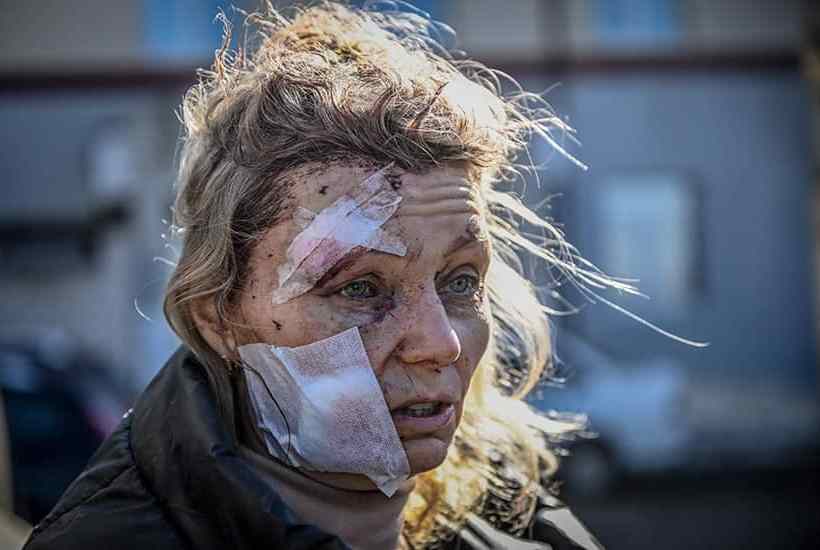
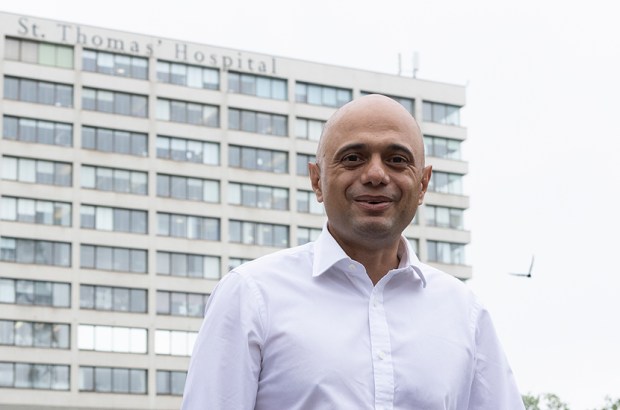

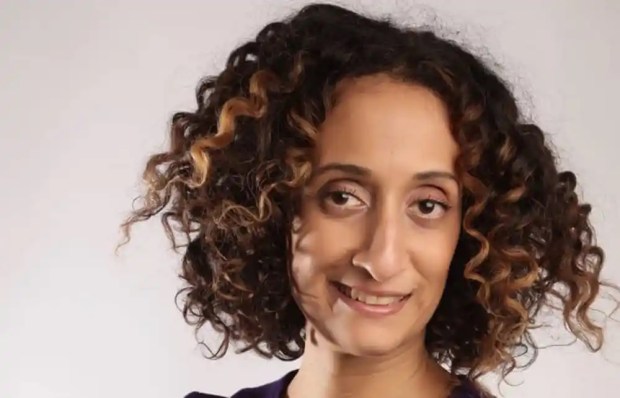

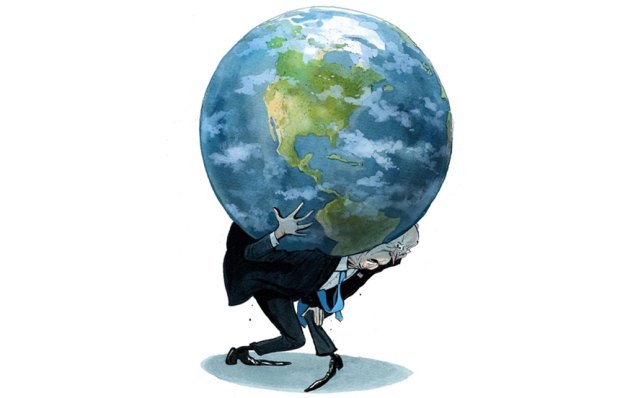
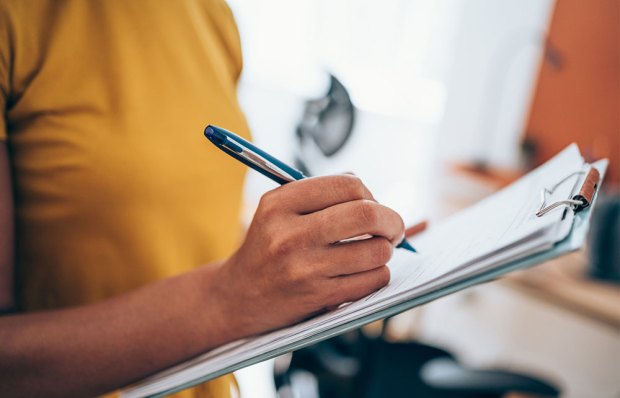






Comments
Don't miss out
Join the conversation with other Spectator Australia readers. Subscribe to leave a comment.
SUBSCRIBEAlready a subscriber? Log in